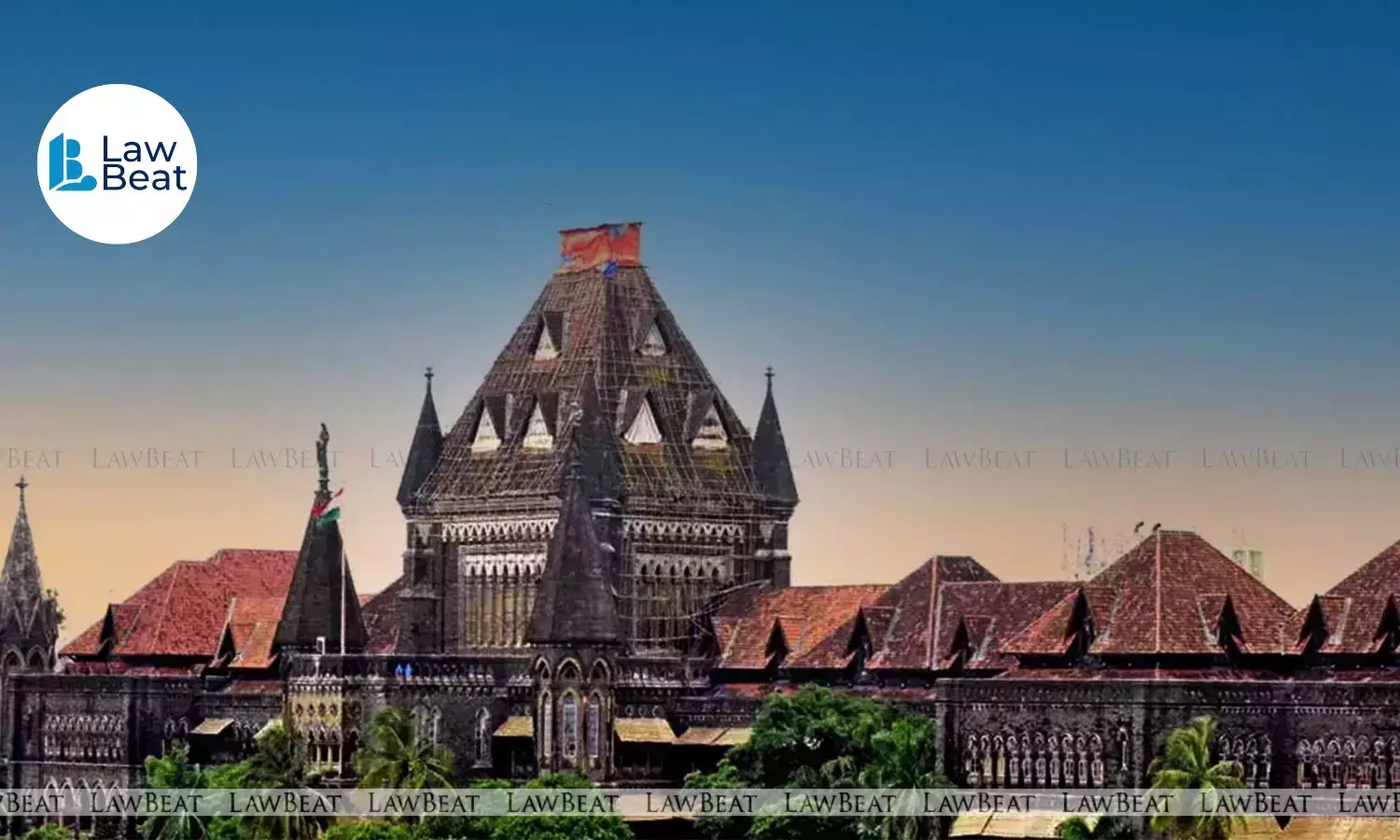Arrest Illegal if Police Do Not Record Reasons After Compliance with Notice Under BNSS: Bombay HC

The Bench underlined that police powers must be exercised with written justification, not mere discretion.
The Bombay High Court has ruled that an arrest carried out in violation of Section 35 of the Bharatiya Nagarik Suraksha Sanhita, 2023 (BNSS), and without production before a Magistrate within 24 hours, is illegal. The Court observed that when an accused complies with a notice under Section 35(3) of BNSS, the police cannot proceed to arrest without recording separate reasons in writing, and failure to do so vitiates the entire process.
A Division Bench comprising Justice Sarang V. Kotwal and Justice Shyam C. Chandak, while allowing the petition, observed, “The requirement under the said sub section is that, if a person receiving notice complies and continues to comply with the notice, he shall not be arrested in respect of the offence referred to in the notice unless, for reasons to be recorded, the police officer is of the opinion that he ought to be arrested. In this case, no such written reasons are brought to our notice. Therefore, the Police officer has not recorded any reasons for the Petitioner’s arrest, though he had appeared before the police station and had given his statement. Thus, we find there is violation of mandate U/s.35(5) of BNSS, as well.”
The matter related to a complaint of cheating in an investment scheme. The complainant alleged that he was induced to invest large sums of money through online applications and was eventually defrauded of over Rs. 47 lakh.
During the investigation, a sum of Rs. 3.8 lakh was traced to the account of the accused, which led the investigating agency to issue him a notice under Section 35 of BNSS, calling for his appearance.
The accused complied with the notice and presented himself at Yerwada Police Station in Pune on April 25, 2025, where his statement was recorded. He was allowed to leave after assuring cooperation with the investigation. However, he later contended that on May 27, 2025, he was taken into custody from his residence in Akola around 8:45 a.m., and was only produced before the Magistrate in Pune on May 29, 2025 at 4:20 p.m., beyond the 24-hour statutory limit.
The police argued in their affidavit that he was not arrested on May 27 but only “brought” for inquiry, and that his formal arrest took place on May 28, 2025 at 6:00 p.m., following which he was produced within the statutory period.
The affidavit also claimed that he had failed to honour his assurance to deposit the Rs. 3.8 lakh, which necessitated further inquiry and eventual arrest.
The Court rejected this explanation. It noted that the affidavit itself admitted that the accused had been taken from Akola to Pune by the police after informing his relatives and the local police station, with an entry recorded in the station diary.
The Court held that from the moment he was taken from Akola, he was under complete police control and was not a free man. This amounted to arrest in substance, and since he was not produced before a Magistrate within 24 hours, there was a violation of Article 22(2) of the Constitution of India as well as Section 58 of BNSS.
The Bench further considered the protection embedded in Section 35 of BNSS. Sub-section (3) states; “The police officer shall, in all cases where the arrest of a person is not required under sub-section (1), issue a notice directing the person against whom a reasonable complaint has been made, or credible information has been received, or a reasonable suspicion exists that he has committed a cognizable offence, to appear before him or at such other place as may be specified in the notice.”
Sub-section (5) makes compliance with such a notice a bar against arrest, unless reasons are recorded; “Where such person complies and continues to comply with the notice, he shall not be arrested in respect of the offence referred to in the notice unless, for reasons to be recorded, the police officer is of the opinion that he ought to be arrested.”
The Court emphasised that in this case, the accused had responded to the notice and appeared before the police. Despite this compliance, no reasons in writing were shown to justify his arrest.
The Court concluded that both the constitutional guarantee against unlawful detention and the statutory mandate under Section 35(5) of BNSS had been breached.
Accordingly, the petition was allowed, and the Court directed that the accused be released forthwith if not required in any other case.
The ruling underscores the importance of statutory safeguards against arbitrary arrest and reiterates the binding force of constitutional protections under Article 22(2).
Mr. Mayuresh Ingale, Rajesh Waghmare, Ishan Paradkar, Advs. appeared for the Petitioner
Ms. Supriya Kak, APP appeared for the State/Respondent
Case Title: Vicky @ Vikky Vilas Kamble v. State of Maharashtra
Date of Decision: September 25, 2025
Bench: Justice Sarang V. Kotwal and Justice Shyam C. Chandak
